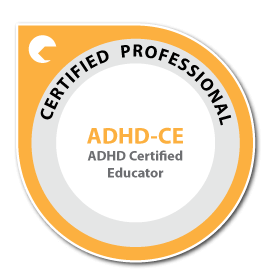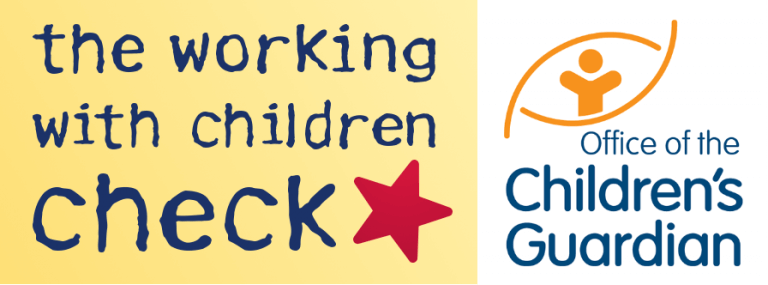Depending on the severity of dementia, there are people that go through each day not remembering anything from the past, however if they hear their favourite song, they will remember every word.
As dementia increases, your memories are pealed away and you are left with confusion, disorientation, anxiety, and fear. I’m not sure how different this would feel to solitary confinement. This destroys the human spirit. Their lives have little meaning, if any.
Imagine you are living in a an aged care facility, or nursing home, or longterm care facilities. It doesn’t matter how you word it. You leave the place you always knew as home and are no longer around the people that were familiar to you. In some cases, you do not even have your own personal memories of your loved ones and life to keep your mind occupied.
Dementia is not linked to ageing. It can happen to anybody. Even if you are 30 years old. Depending on the stage of dementia, the families and carers looking after someone with dementia may feel extremely overwhelmed.
A person may not recognise family members. The person may be confined to a bed or chair because of the gradual loss of the ability to walk, bathe, put on their own clothes, and even feed themselves. They find it difficult to understand the environment they are in and what people are saying. The ability to communicate their thoughts or wants may gradually diminish, or they may repeat a few words or cry out.

According to Gen AgedDare Data , there are 2672 services delivering residential aged care across Australia on 30 June 2017, and 47% of people in permanent residential aged care had depression in Australia. This is huge.
These are the very people that gave of their lives for their family who they no longer remember or possibly even have thoughts of.
The Power of Music to Draw Out Memories
Using music, and in particular personalised music, it is possible to create a break from the confusion and fear that someone with dementia or alzheimer’s feels.
Music creates a connection with the story of people’s lives. Their memories.
When you listen to music that you link to a memory, you are not you as you are now. You are the you that you were – reliving that memory. Feeling the emotions you felt, remembering the people around you. All this happens within seconds. The specific song formed an anchor with the memory and listening to it can unlock these memories that may have appeared forgotten.
Music stirs up emotions, which in turn invokes memories.
Personalised Music as a Therapy
Understanding the music a patient or person under full time aged care associates fondly to, can be a possible alternative to pharmaceutical medicines. I am not talking about replacing medicines completely where there is no other alternative. I am talking about considering that not all cases or behaviour needs to be medicated (such as agitation or depression being treated with anti-psychotic drugs), and that a non-medical approach should be considered.
As long as it is a specific song or playlist of music that the person has a life story association with, it accesses the part of the brain. Personalised music.
It could be as simple as an iPod filled with someone’s favourite songs, or a live musician that is able to take someone back to their childhood or re-live their favourite memories through songs from their time.
Given the side effects and costs of pharmaceutical drugs, personalised music should form a daily part of life for someone with dementia or alzheimer’s.



